By Allyn Vannoy
Nazi war propaganda was designed in large part by the dictates of Joseph Goebbels (29 October 1897-1 May 1945), based on his read of German public opinion. Its success was determined by how the German people responded or supported the actions of the regime.
Goebbels’ approach to war propaganda was also based on a personal contempt for the masses; he therefore considered it easier to influence people by violence and demagoguery than by ideas and reason.
At the time of the Sudetenland crisis in 1938, as Reich Minister of Public Enlightenment and Propaganda, he was aware that the majority of Germans did not want a war, and so used his resources to overcome what he called a “war psychosis.”
Developing the “War Psychosis”
The Propaganda Ministry monitored public opinion and thus German morale, directing their message in an effort to ensure the people’s support of the regime. The message changed as actions and events impacted and influenced the population throughout the war.
When fighting broke out in 1939, there was little enthusiasm among the German people. Many had come through one war, an economic depression and several years of civil strife.
Goebbels found the British-French rejection of Adolf Hitler’s peace offer on October 6 to be useful, portraying Britain as a warmongering nation.
Victories Alleviated Public Opinion
German victories over French and British forces in May-June 1940 had a tremendous impact on German opinion as events created a euphoria that the war was ending in a decisive victory and anticipation of the cessation of hostilities. Goebbels realized that such optimism was dangerous given continuing British resistance.
When Britain managed to survive the ‘Blitz’ during 1940-41, and the German people began to realize that the war would be a long one, Goebbels tried to lessen the resulting pessimism by declaring that time was working for Germany.
When the German people learned of the attack on Russia in June, 1941, they were surprised. In an effort to justify the invasion, the regime reported capturing vast stocks of armaments, evidence that Joseph Stalin intended to attack Germany.
Optimism to Fatalism
By August, as reaction to the War in the East indicated the belief that the campaign would not be over soon, Goebbels moved to quash rumors. The resumption of the German advance toward Moscow in the fall of 1941, combined with Hitler’s declaration that the campaign had been decided, unleashed a new wave of optimism.
But by mid-November it was clear that winter fighting lay ahead and optimism soon gave way to fatalism. Goebbels then sought to increase propaganda that their struggle was for the very existence of the nation.
By September 1942, the war was beginning its fourth year and many Germans were showing signs of war weariness, even resignation.
In January 1943, as the situation at Stalingrad deteriorated, people were having difficulty comprehending why the Wehrmacht had not evacuated their trapped forces.
Appealing to Fear and Self-Sacrifice
Goebbels’ war propaganda campaigns tended to appeal to fear and self-sacrifice. People seemed ready to make sacrifices if they understood what was happening and what was expected of them.
By mid-1943 there was growing popular concerns about the possibility of a second front. To allay fears the regime ordered the media to publish articles and photos of Atlantic Wall fortifications.
Crisis and Defeat as Tools of the Trade
June to September 1944 was a critical period in terms of Nazi perceptions of German opinion. The successful Allied onslaught across France, the increasingly disastrous air war, and the destruction of Army Group Center on the East Front, tested Goebbels’ propaganda machine. By this time, the best Goebbels could do to reassure the German people that victory was still possible given “miracle weapons” such as the ME 262 jet, the Type XXI U-boat, and the V-2 rocket.
Despite overwhelming Allied superiority, the will of the people to resist hardened during the last months of 1944. Goebbels believed that his war propaganda had made this possible−that the nation was ready to resist until the end.
Crises and defeats seemed to play into Goebbels’ hands, knowing that he was waging the one struggle, for German hearts and minds, that Hitler was winning.
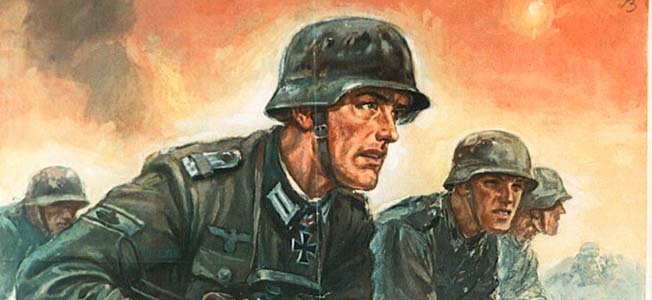
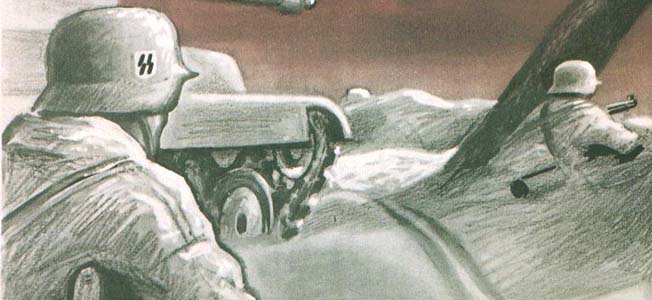
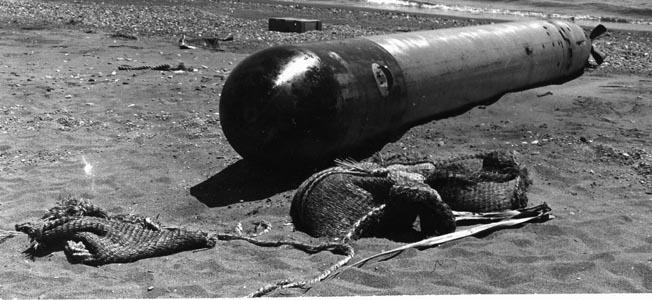
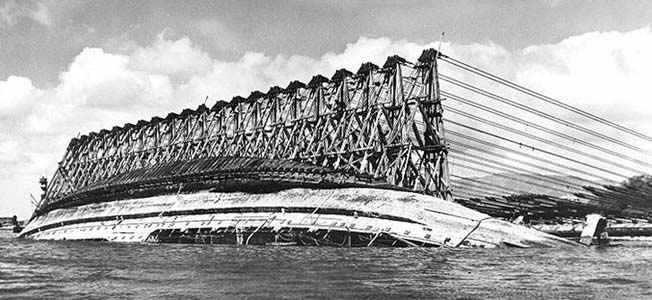
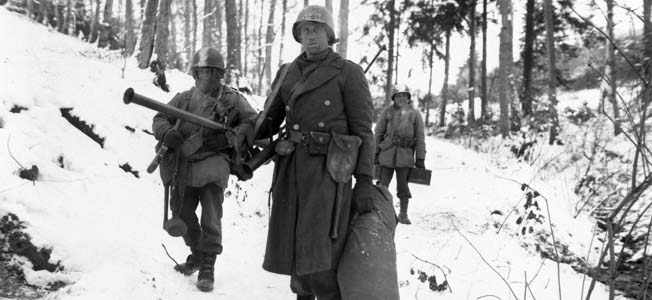
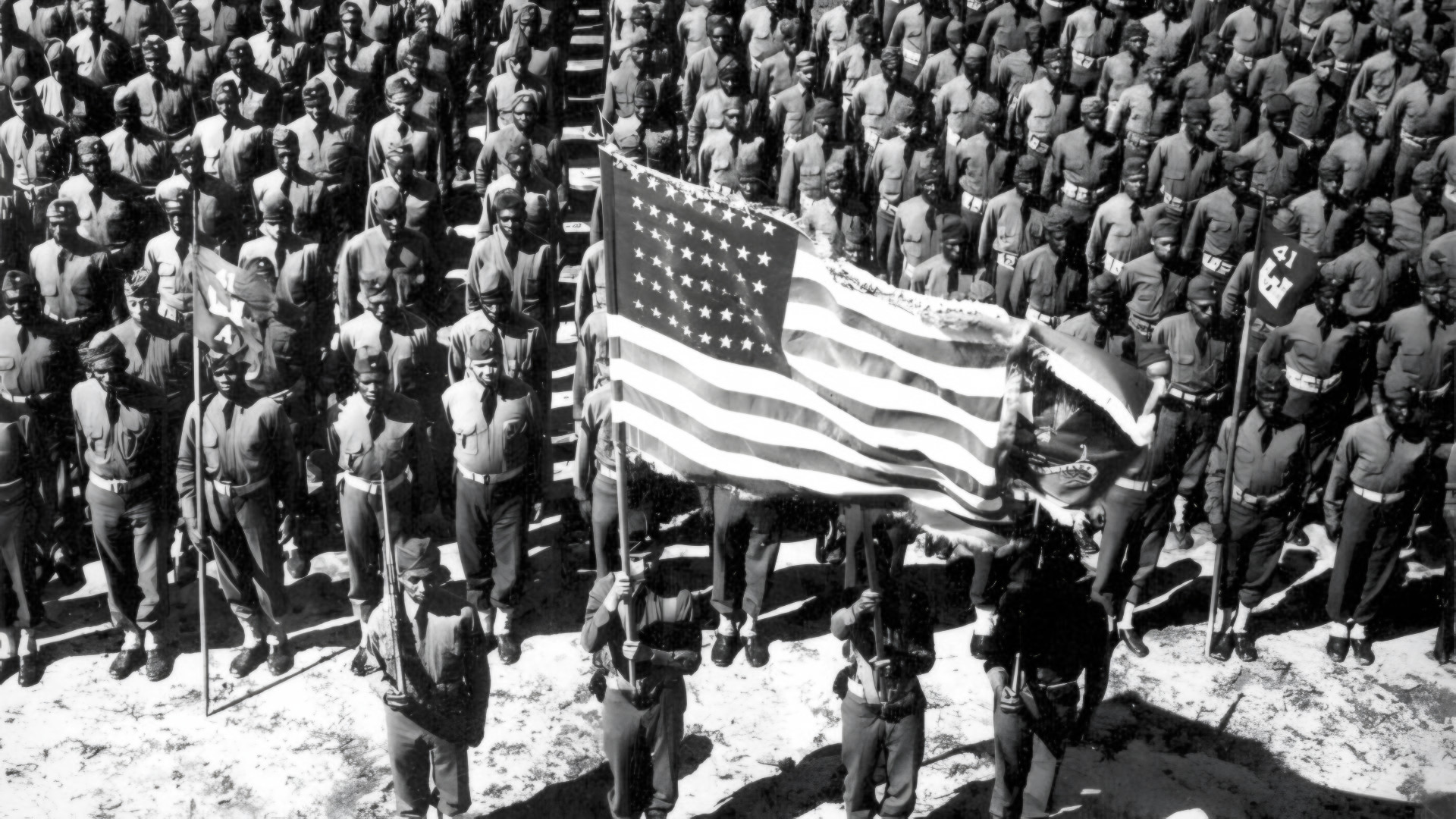

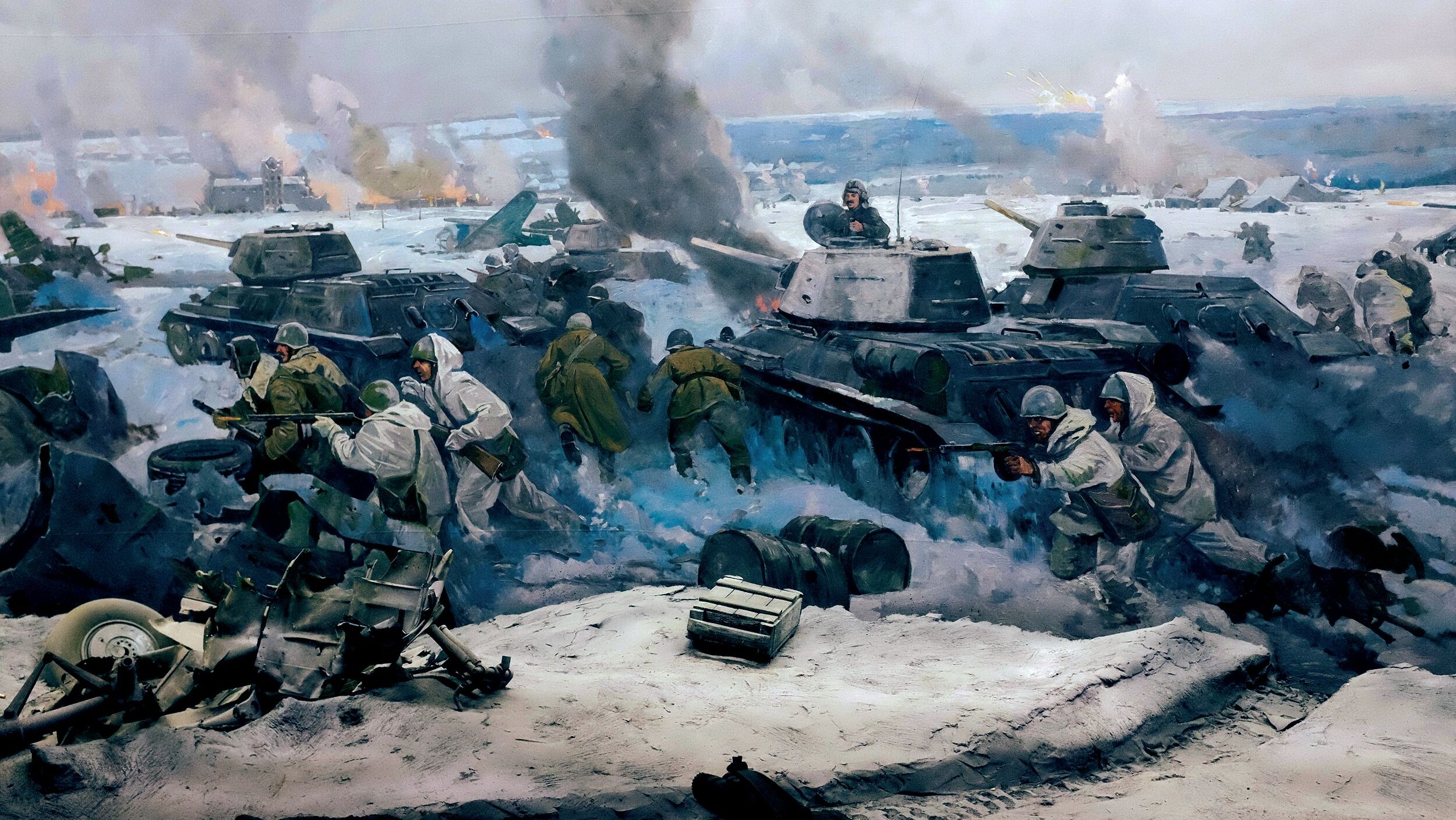
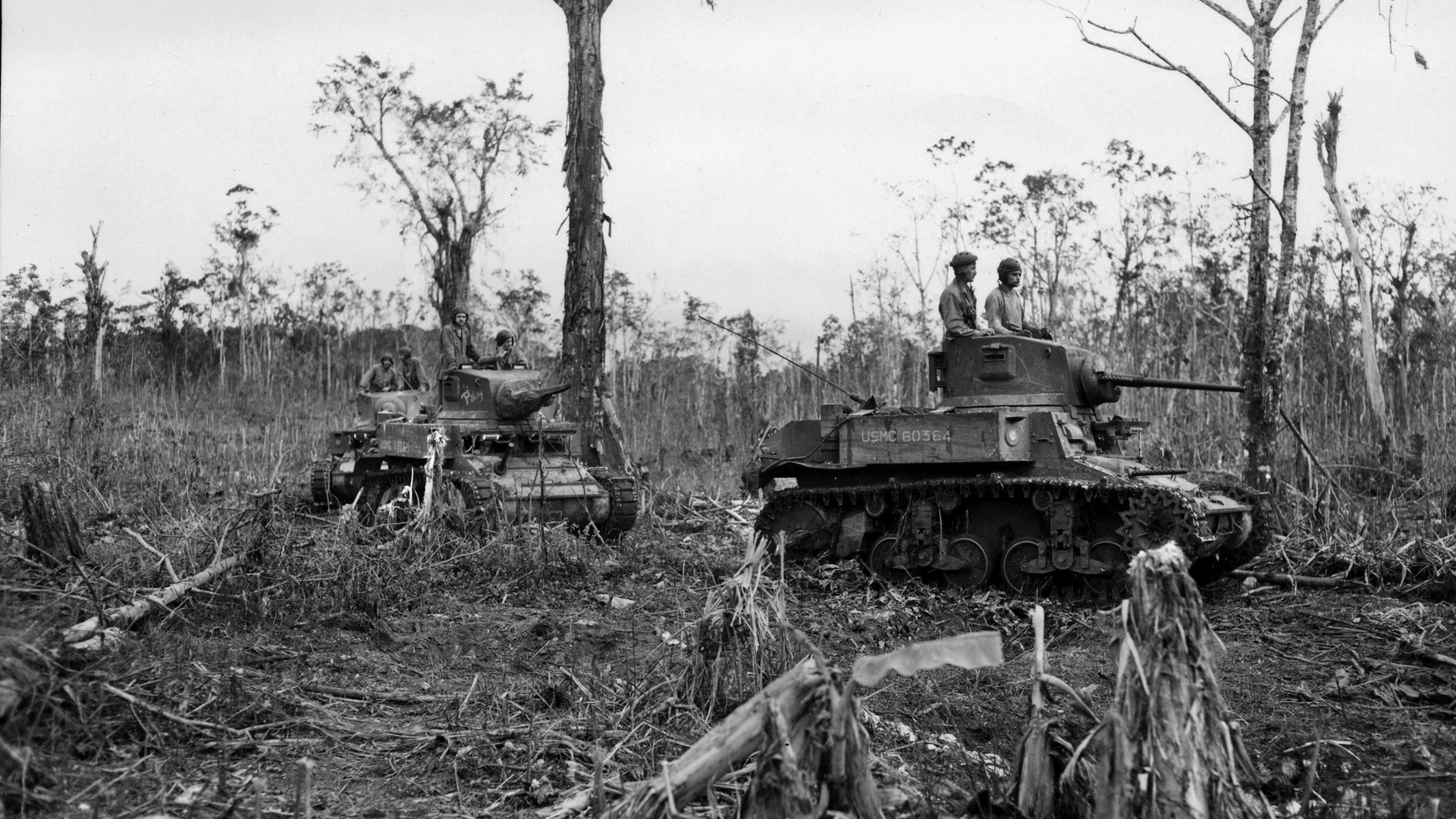
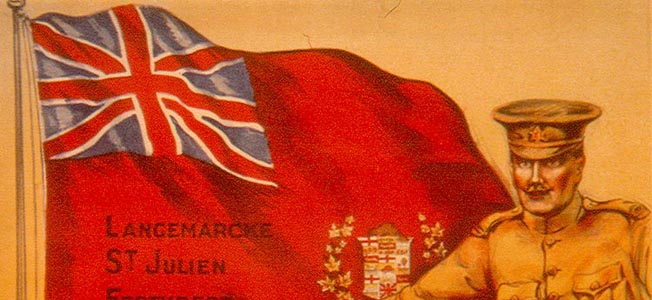
Join The Conversation
Comments
View All Comments